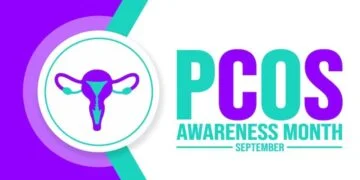With the International Conference on Alzheimer’s and Parkinson’s Diseases (AD/PD 2022) still going on in Spain and online, there has been an increase in Alzheimer’s awareness and research news. Here are a few of the most recent stories.
Lithium may reduce the risk of dementia
According to University of Cambridge research, lithium may reduce the risk of developing dementia. The study, published in the journal PLoS Medicine, examined data from 29,618 patients at the Cambridgeshire and Peterborough NHS Foundation Trust in the United Kingdom between 2005 and 2019. The average age was around 74 years old, with 40 percent of the population being male.
9.7 percent of those who received lithium (58) were diagnosed with dementia. 11.2 percent of those who did not receive lithium (29,070) were diagnosed with dementia. The study’s capacity is limited by the number of patients who received lithium. Another limitation was the small number of patients with bipolar disorder.
“We expected to find that patients with bipolar disorder were more likely to develop dementia because that is the most common reason for prescribing lithium, but our analysis suggested the opposite,” said Dr. Shanquan Chen of Cambridge’s Department of Psychiatry, the paper’s first author. “It’s far too soon to say for sure, but lithium may reduce the risk of dementia in people with bipolar disorder.”

Napping Frequency in Older Adults Linked to Alzheimer’s
According to a study conducted by the University of California, San Francisco, frequent or regular napping during the day in older adults may be a sign of early dementia. According to the study, elderly adults who napped at least once per day or for more than an hour each day were 40% more likely to develop Alzheimer’s disease than those who did not nap daily or for less than an hour each day. The study was published in Alzheimer’s and Dementia: The Alzheimer’s Association Journal.
“We discovered that the association between excessive daytime napping and dementia persisted even after controlling for nighttime quantity and quality of sleep,” said co-senior author Dr. Yue Leng, an assistant professor of psychiatry at UCSF.









































